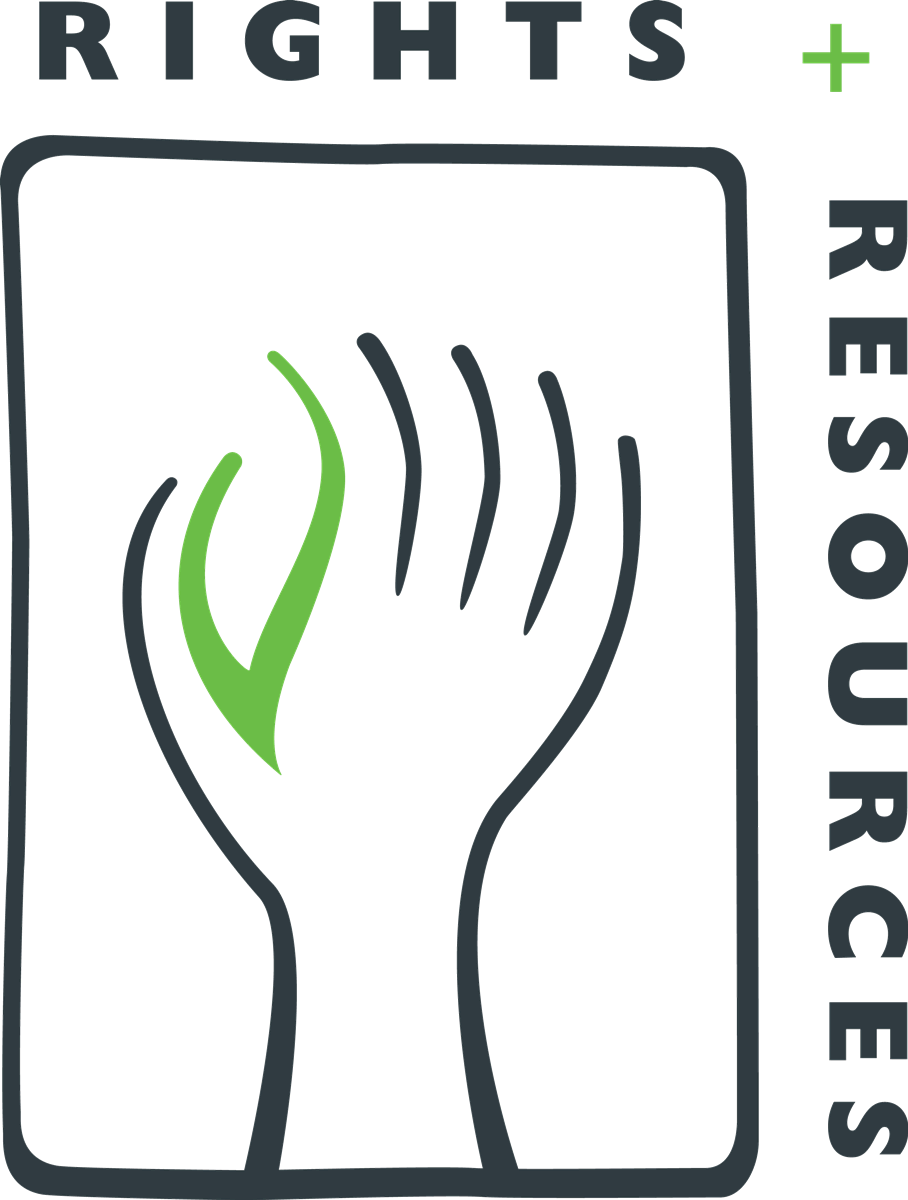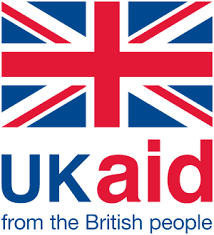Community / Land projects / F.a: Enhancement of agroecological food production in Sofala
F.a: Enhancement of agroecological food production in Sofala

€0
01/23 - 12/23
Concluído
This project is part of
Implementing Organisations
Donors
Data Providers
General
In Mozambique, peasants produce around 70% of food, mostly from seeds saved from their crops. Traditional smallholder farming is under enormous pressure: population growth and urbanisation reshape markets and diets; climate change brings cyclones, droughts, floods, pests and plant diseases; soil is impoverishing; biodiversity is being lost; and industrial agriculture is marginalising smallholders. As a result of these pressures, the ability of smallholder farmers to maintain their farmland and preserve agricultural biodiversity suffers. Crop yields are projected to fall by 11% in the current decade as a result of climate change. 43% of Mozambicans suffer from malnutrition. Women are more likely than men to be poor. They are also over-represented among those affected by Cyclone Idai, which hit the project area in 2019. The immediate expected outcomes of the project are (i) women and their families adopt less environmentally damaging agricultural practices, such as reducing slash and burn, preserving native trees important for soil fertility, cover cropping, green manuring, organic pest control and composting, (ii) participatory improvement of genetic diversity through smallholder farmers' knowledge, experience and practices, (iii) more families in communities produce complementary products for their diets through agroecological methods and reduce the use of chemical products harmful to the environment, (iv) chronic malnutrition and food insecurity is at least halved through increased production and diversification of family diets; (v) families' disposable incomes increase significantly and they are able to cover education and health costs; (vi) the majority of families have secure production tools and models as they have been supported in legalising their land tenure, (vii) a reduction in production costs, (viii) the adoption of individual and collective strategies in the design and marketing of products of both plant and animal origin, and (ix) more systematic production and higher quality products. The direct beneficiaries of the project are 90 women from three local communities in the districts of Buzi and Chibabava, who participate in the project activities. The indirect beneficiaries consist of their family members, a total of 396 people. The total population of the two districts is around 360 000. The project is implemented by the Associação Acção Académica para o Desenvolvimento das Comunidades Rurais (ADECRU); https://adecru.wordpress.com/.



